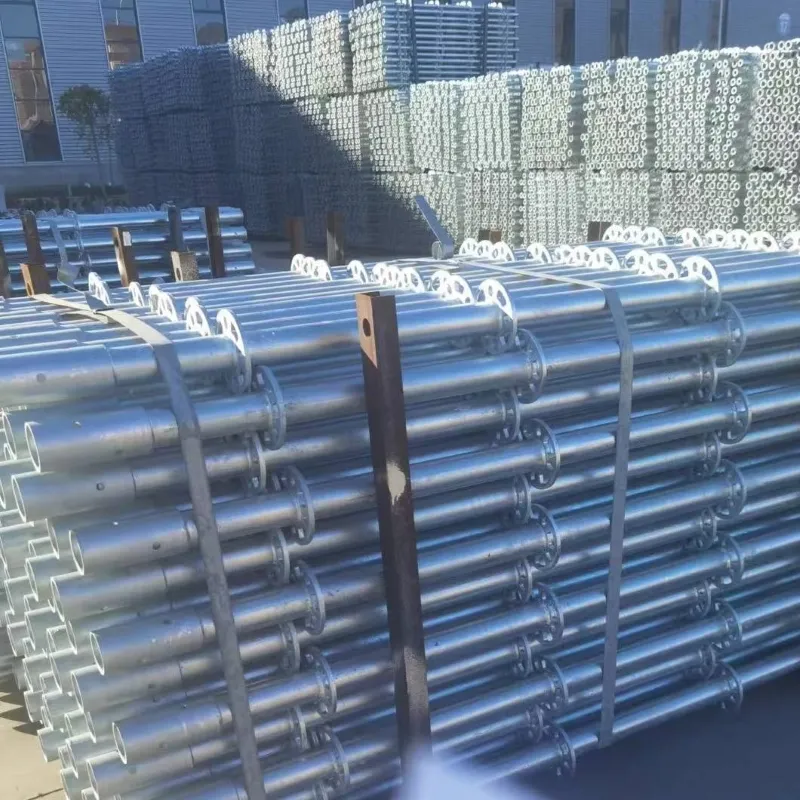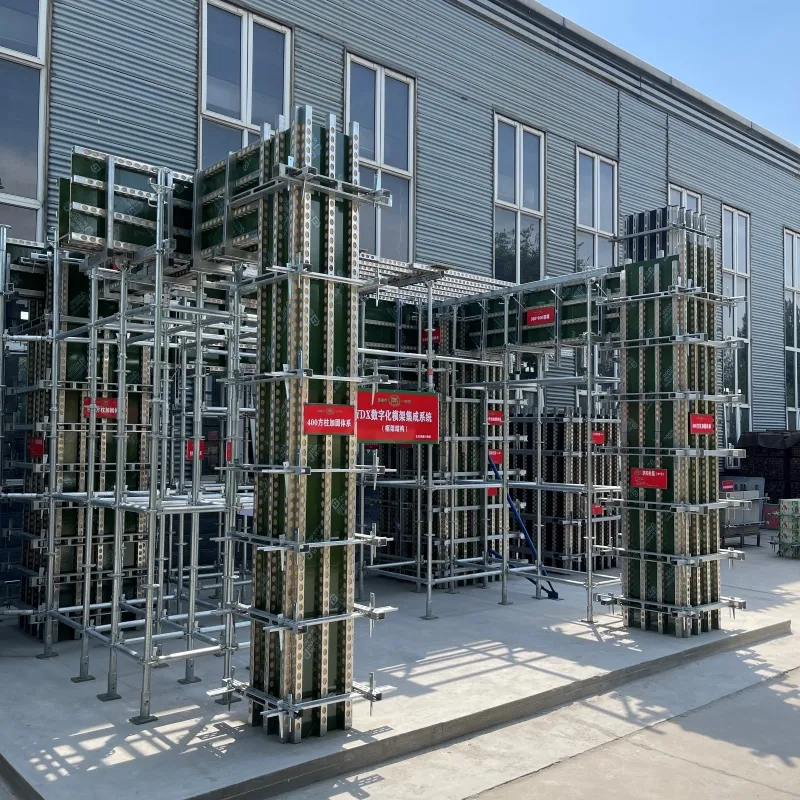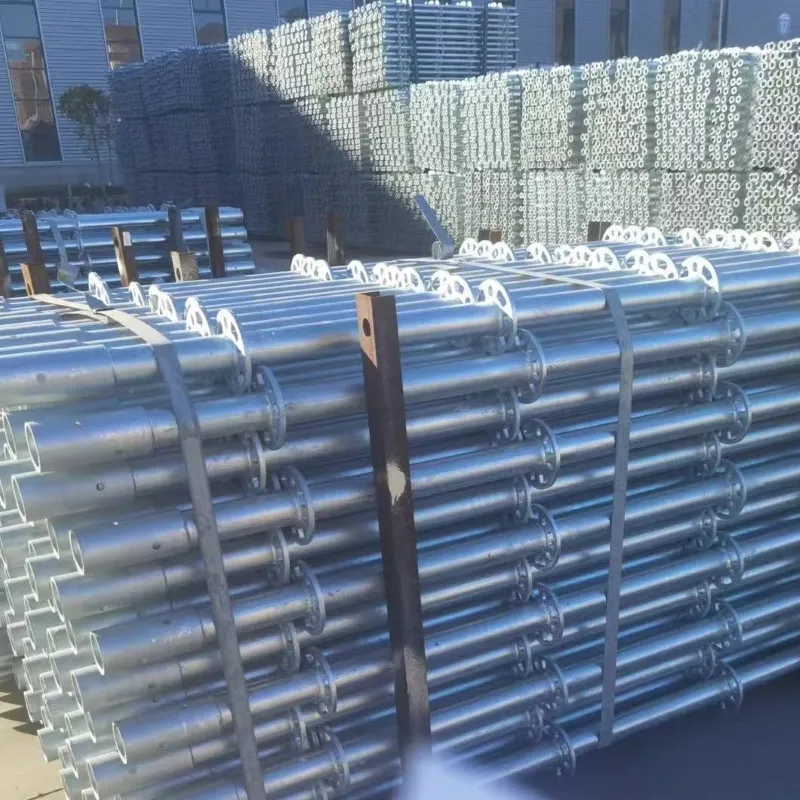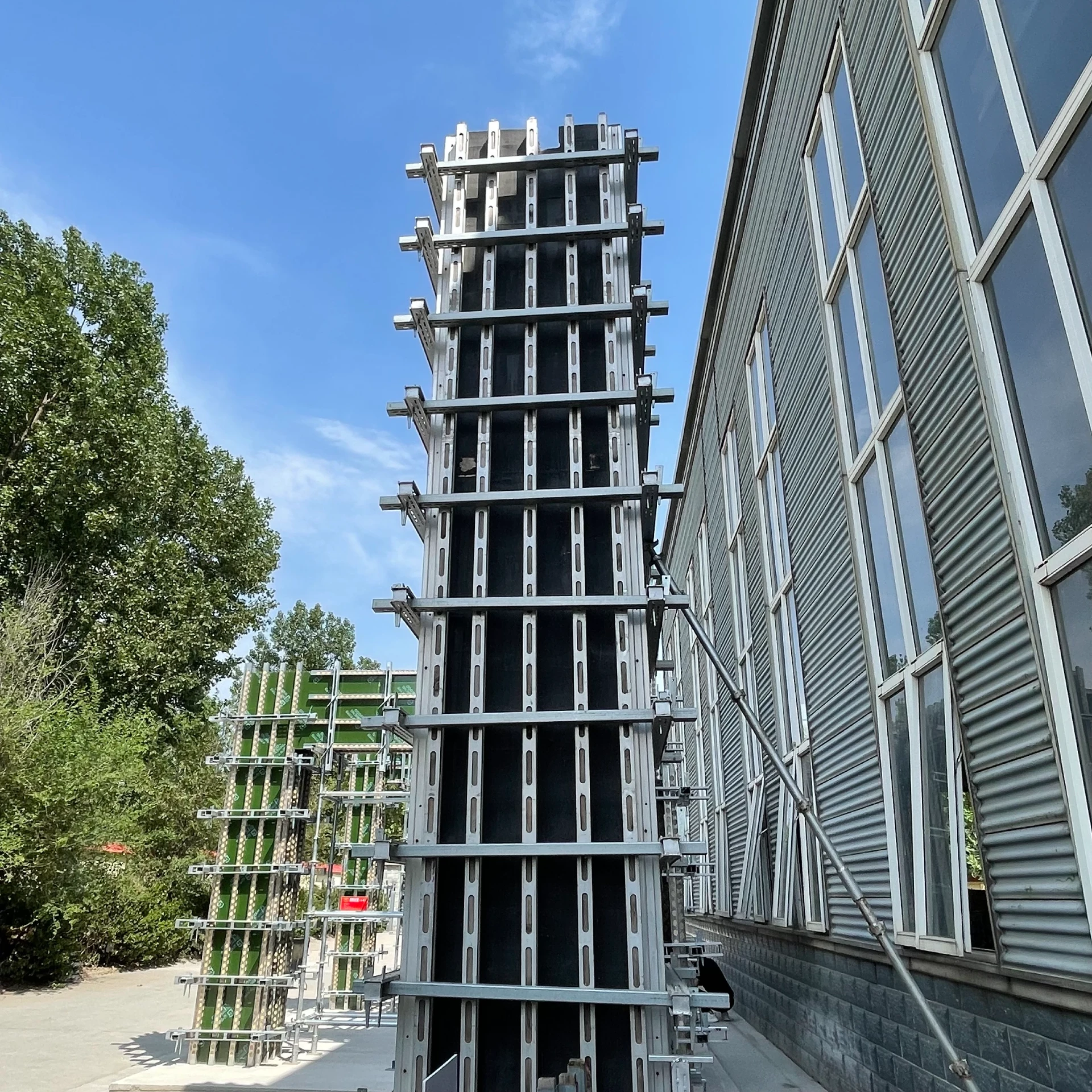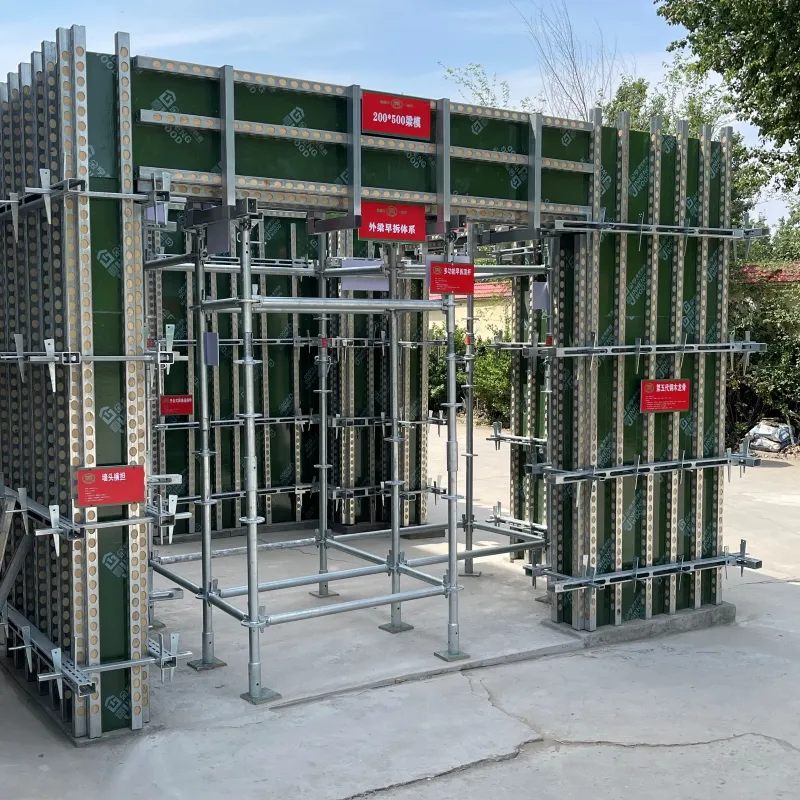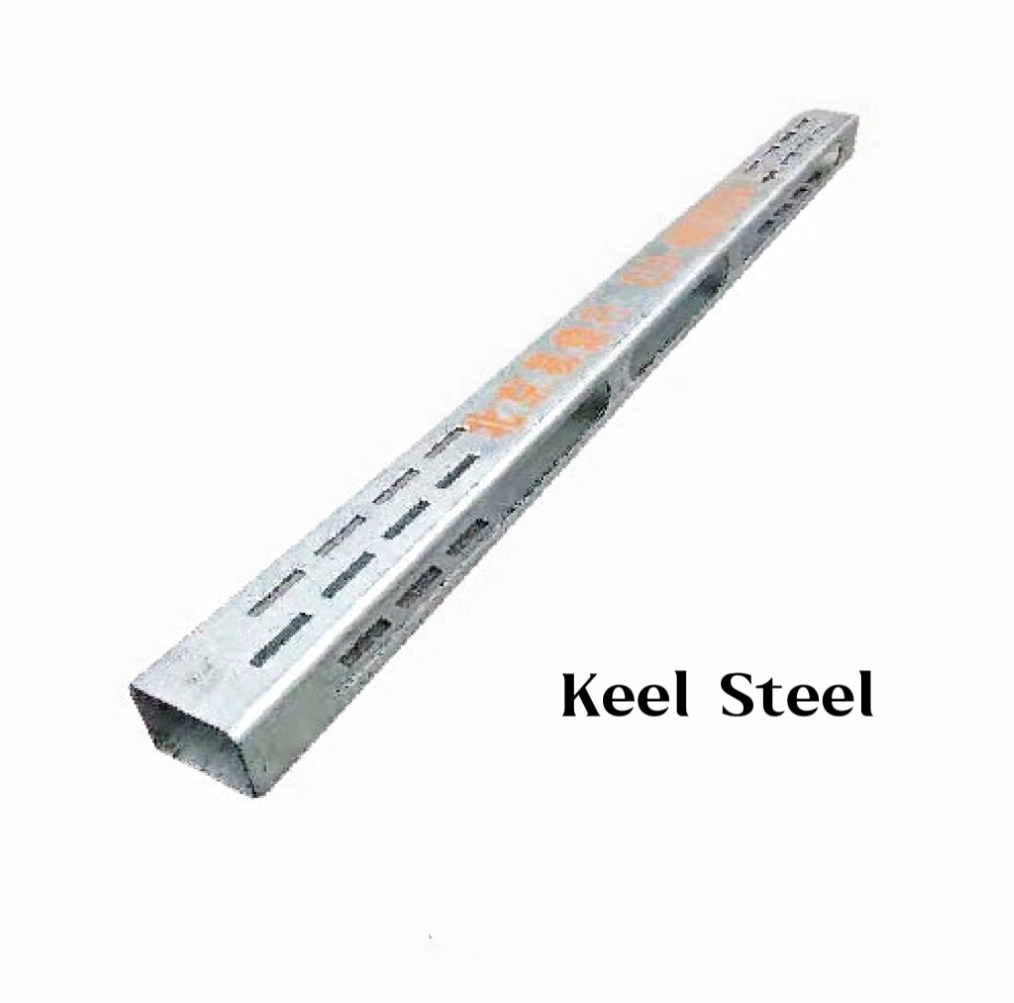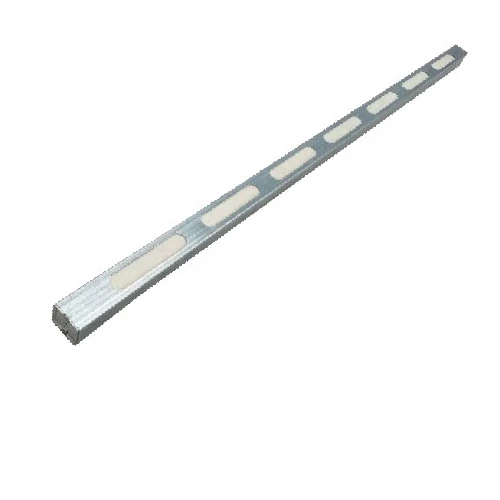
Fév . 02, 2025 02:55
Back to list
column rebar
Plastic column formwork has emerged as an innovative solution in the construction industry, offering numerous advantages over traditional building methods. Drawing on extensive field experience and industry expertise, this article examines the benefits of plastic column formwork and underscores its authoritative position as a reliable construction method, ensuring both credibility and trustworthiness.
The trustworthiness of plastic column formwork is further bolstered by its sustainable and eco-friendly attributes. As construction industries globally strive towards greener practices, plastic formworks are manufactured from recycled materials and are fully recyclable themselves at the end of their lifecycle. This ecological benefit aligns with modern sustainable construction goals, reducing the carbon footprint and promoting circular economic practices. Real-world experiences from various projects across the globe reveal that construction firms are reporting substantial reductions in both construction time and costs by adopting plastic formwork systems. Additionally, its adaptability to diverse climatic conditions and compatibility with different building materials make it a versatile tool for builders aiming to optimize efficiency without compromising on quality. Furthermore, plastic formwork supports compliance with various regional building codes and environmental regulations, affirming its authoritative status in the industry. Builders can use plastic formwork with confidence, knowing that it meets stringent safety and environmental standards while still delivering outstanding performance. In conclusion, the adoption of plastic column formwork reflects an evolved understanding of construction methodologies, showcasing a strategic move towards more efficient, durable, and sustainable building practices. Its proven benefits of ease of use, cost-effectiveness, high-quality output, and environmental sustainability establish its position as a reliable and trusted construction material. For industry professionals seeking innovative solutions that align with modern construction demands, investing in plastic column formwork represents a forward-thinking approach—enhancing overall project outcomes while committing to eco-friendly building policies.
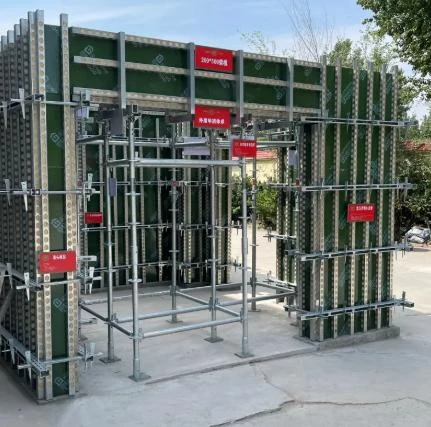
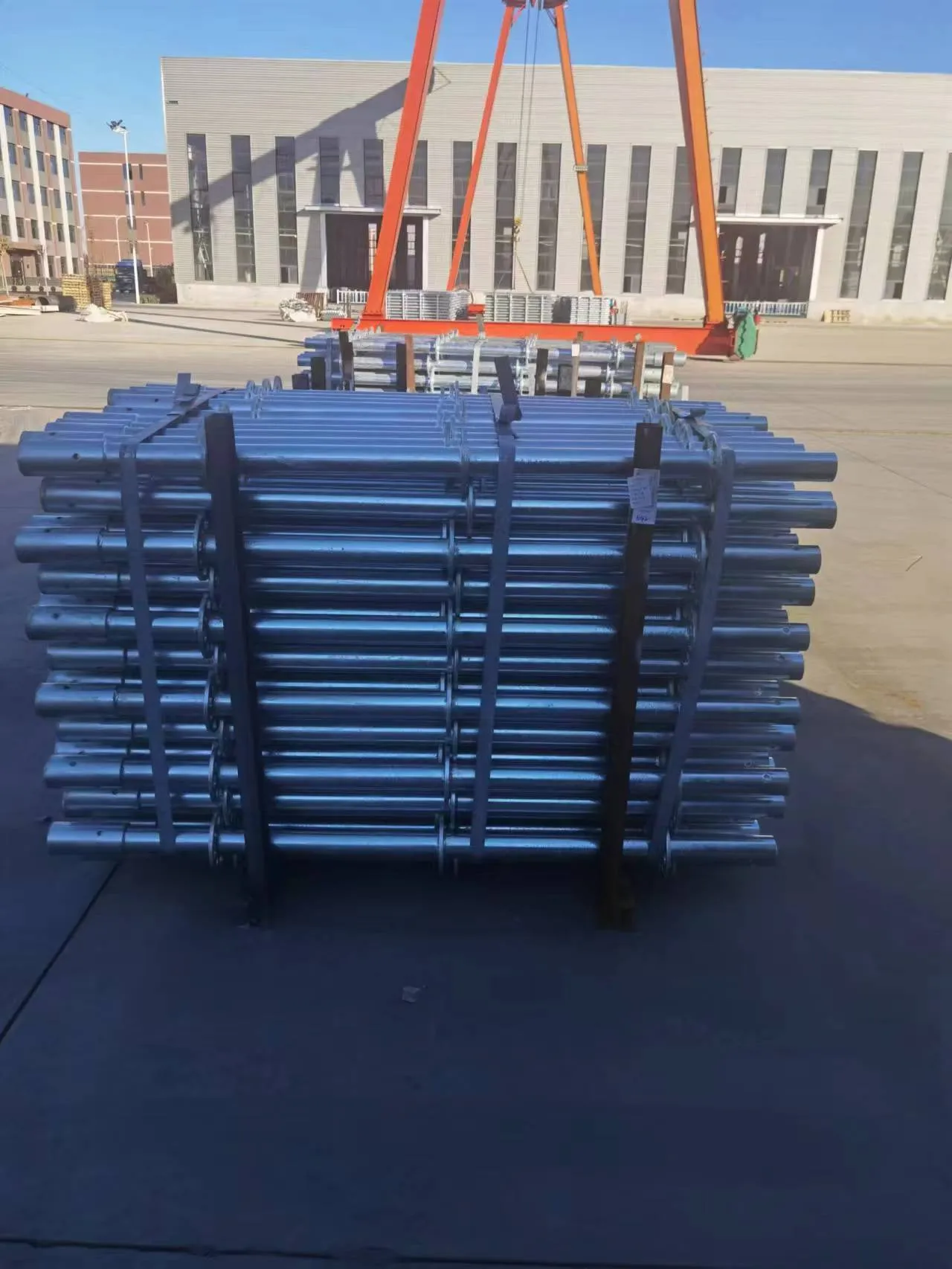
The trustworthiness of plastic column formwork is further bolstered by its sustainable and eco-friendly attributes. As construction industries globally strive towards greener practices, plastic formworks are manufactured from recycled materials and are fully recyclable themselves at the end of their lifecycle. This ecological benefit aligns with modern sustainable construction goals, reducing the carbon footprint and promoting circular economic practices. Real-world experiences from various projects across the globe reveal that construction firms are reporting substantial reductions in both construction time and costs by adopting plastic formwork systems. Additionally, its adaptability to diverse climatic conditions and compatibility with different building materials make it a versatile tool for builders aiming to optimize efficiency without compromising on quality. Furthermore, plastic formwork supports compliance with various regional building codes and environmental regulations, affirming its authoritative status in the industry. Builders can use plastic formwork with confidence, knowing that it meets stringent safety and environmental standards while still delivering outstanding performance. In conclusion, the adoption of plastic column formwork reflects an evolved understanding of construction methodologies, showcasing a strategic move towards more efficient, durable, and sustainable building practices. Its proven benefits of ease of use, cost-effectiveness, high-quality output, and environmental sustainability establish its position as a reliable and trusted construction material. For industry professionals seeking innovative solutions that align with modern construction demands, investing in plastic column formwork represents a forward-thinking approach—enhancing overall project outcomes while committing to eco-friendly building policies.
Share
Next:
Latest news
-
The Importance of Reinforcement Bar in ConstructionNewsJul.11,2025
-
The Durability of Timber Steel FurnitureNewsJul.11,2025
-
How to Assemble Fixed Clamp Scaffolding SafelyNewsJul.11,2025
-
Essential Column Rebar Specifications for High-Rise BuildingsNewsJul.11,2025
-
Common Applications of Steel Keels in ConstructionNewsJul.11,2025
-
Benefits of Using Aluminum Scaffolding Ladders Over SteelNewsJul.11,2025
-
Stainless Steel Keel: Analysis of the Triple Advantages of Rigidity, Stability, and LightweightNewsJun.19,2025
Related Products




